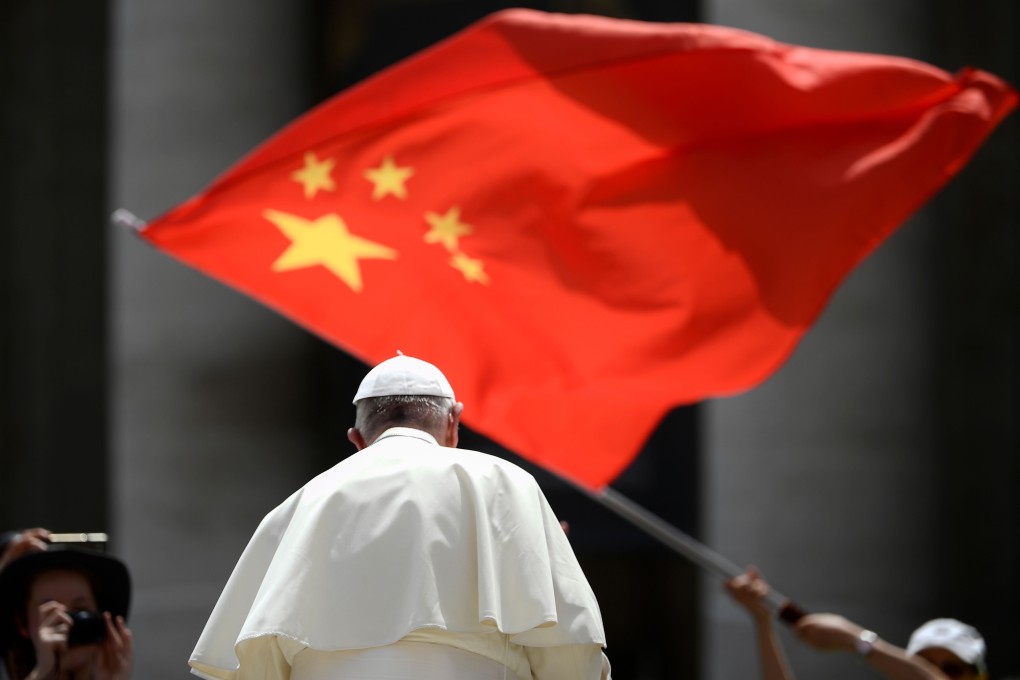Advertisement
China and the Vatican renew controversial bishops deal after ‘good start’
- Agreement was hailed as a breakthrough when it was signed two years ago, but critics say it has done little to improve relations
- Holy See says initial results ‘may not seem to be that great’ and acknowledges there are ‘still many situations causing serious suffering’ in China
Reading Time:4 minutes
Why you can trust SCMP
5

China and the Vatican renewed an agreement on the appointment of bishops on Thursday that critics say has done little to improve relations between the two sides.
Foreign ministry spokesman Zhao Lijian confirmed the deal would be extended for two more years, saying the Vatican and China would maintain close dialogue and work to improve ties.
The Holy See also announced the move, saying that the “initial application [of the agreement] has been positive, thanks to the good communication and cooperation between the parties”.
Advertisement
Church sources said the deal was renewed via an exchange of diplomatic notes and there was no in-person signing ceremony organised because of the coronavirus pandemic.
The renewal has been mired in controversy, with the Holy See under pressure from US Secretary of State Mike Pompeo and others to withdraw from the deal because of China’s human rights record and repressive policies against religions.
Advertisement
Advertisement
Select Voice
Select Speed
1.00x